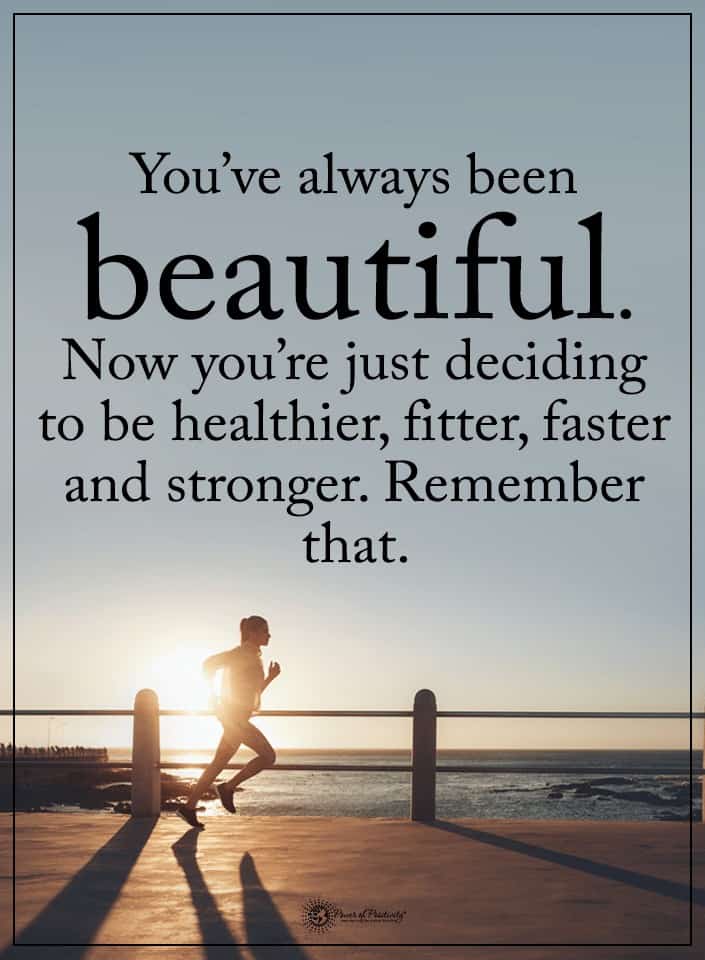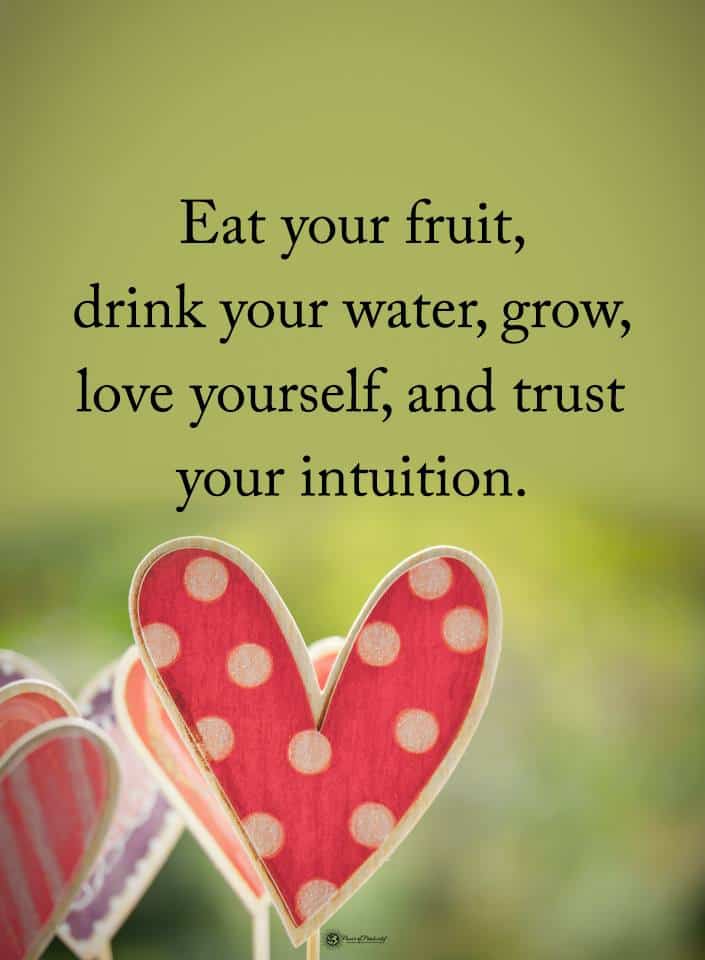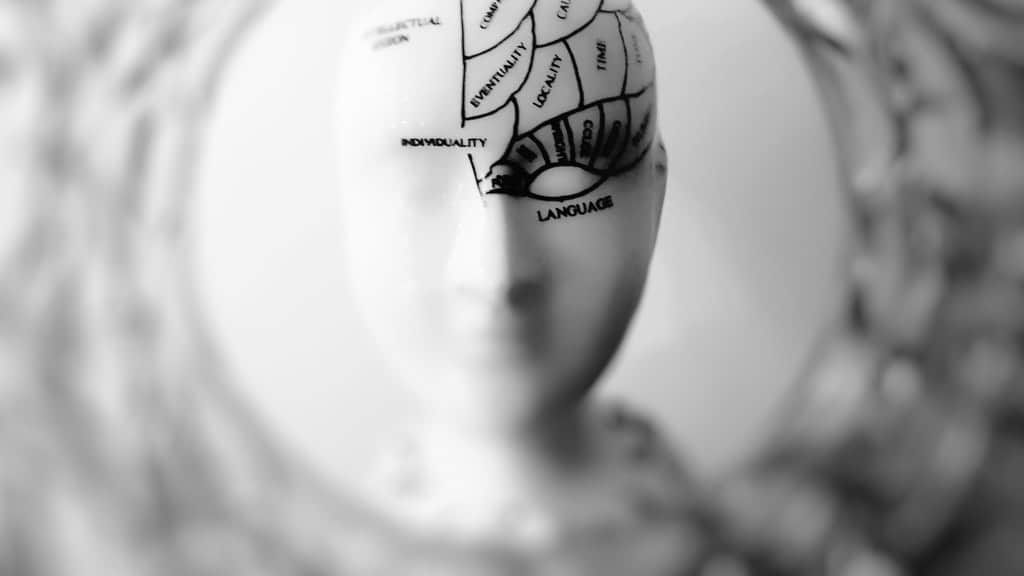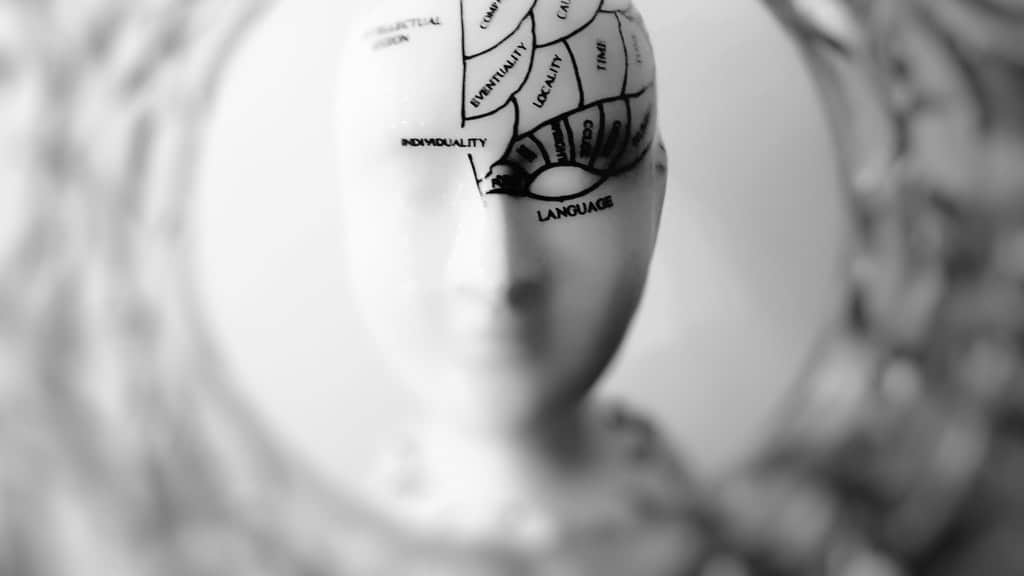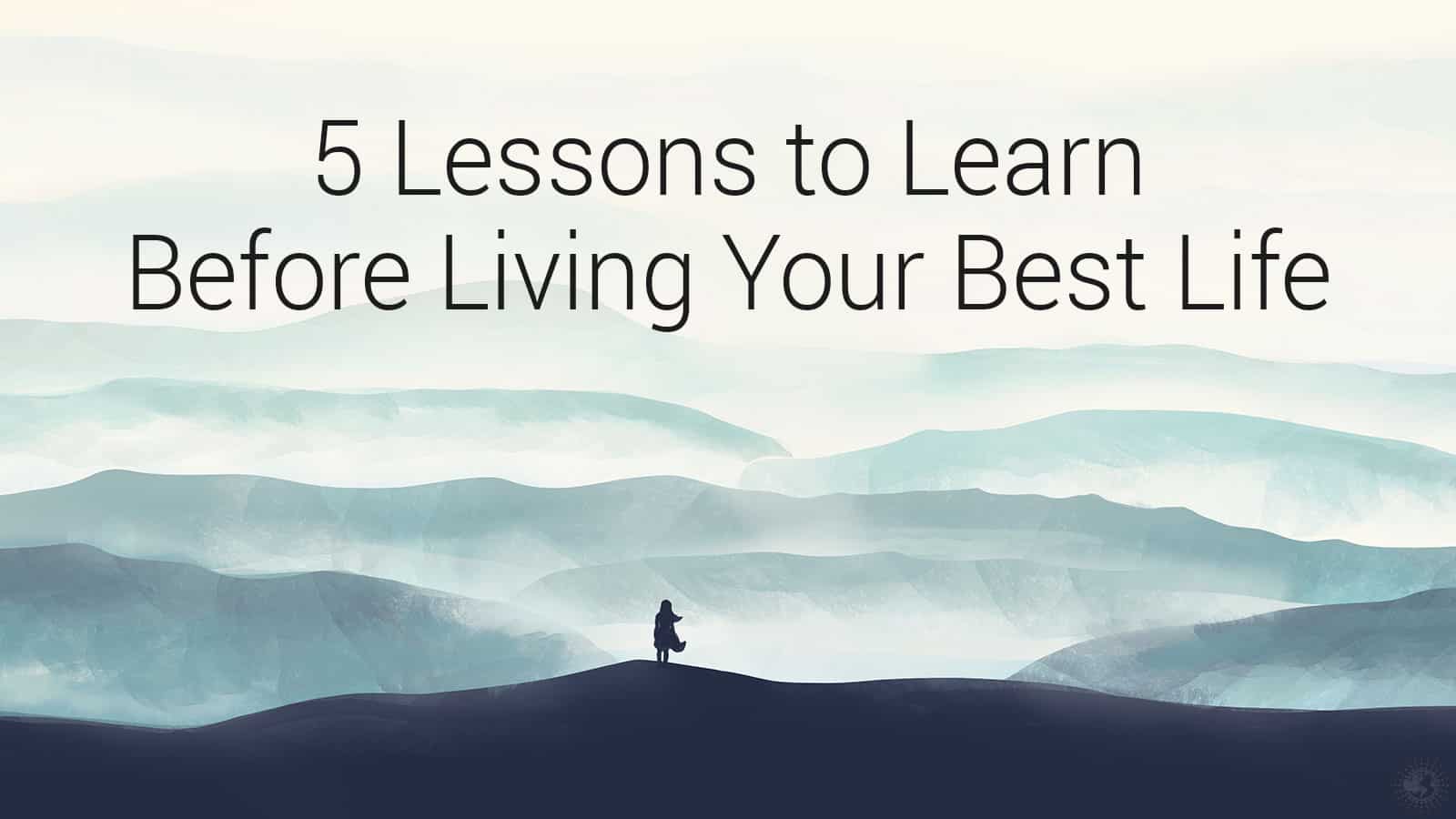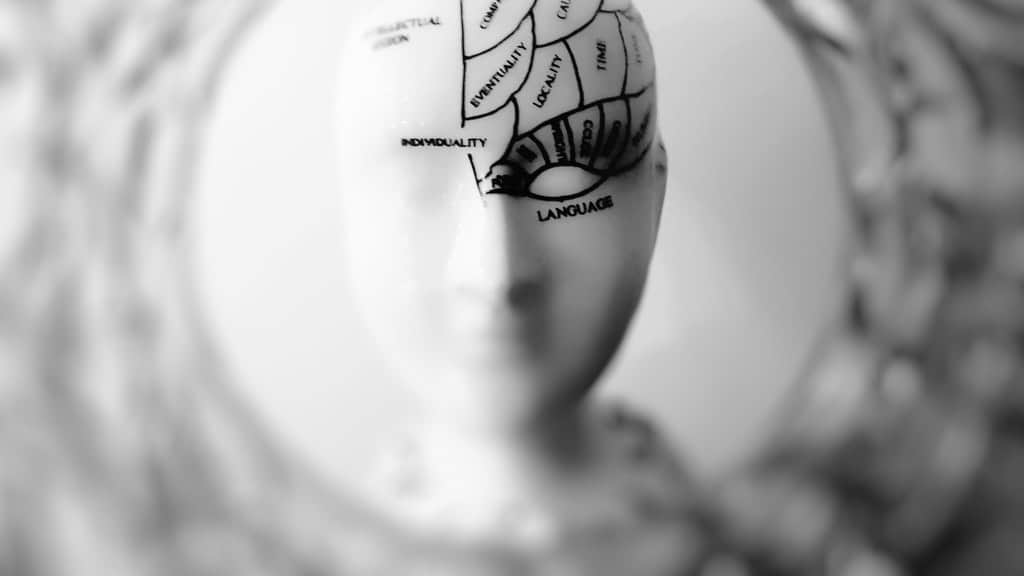Do you drink enough water every day?
Water is the most crucial item that you consume. It provides the body with the hydration it needs to function smoothly. It can boost positive thinking, balance metabolism, protect the body against diseases, and more.
But many people don’t get as much water as they should daily. This dehydrated condition can lead to dehydration which, while it may not be apparent on the surface, might be wreaking havoc on your body. But just saying, “Drink more water!” is often easier said than done. Those who aren’t used to drinking often may have trouble getting the necessary amount of liquid.
So, what can you do to ensure you’re drinking sufficiently? Several options can help promote better hydration, often without you even realizing it!
Here Are 6 Ways To Drink Enough Water Every Day
1. Make It Routine
Routines are powerful things. They can shape your life and allow you to do things in an almost automatic manner naturally. As such, adding the act of drinking water to your day as a routine can be the most effective way of ensuring you get enough of it. Here’s how to do so:
Make A Habit
To do this, find something you often do throughout the day and add a glass of water to them. For example, drink when you stand up to go to the bathroom. Or, when you come out of your car, drink. Find little habits to which you can attach a drink so it becomes an automatic process.
Alarms
Set alarms on your phone at regular intervals to remind you to drink. This can be a bit invasive, but if you’re having trouble, use some positive thinking and go with it until it’s easier for you to drink regularly.
Bottle Markers
Buy a water bottle with time markers that force you to drink specific amounts by a certain time. If you don’t want to blow cash on this expense, get a bottle you don’t mind defacing and use a permanent marker to make your drinking deadlines on the bottle.
Apps
There are plenty of apps available that track your water intake. Some will even give you notifications every hour or so to remind you to drink! Look around for ones that have features that work for you.
Fill Your Glass Up
Just drained your water bottle? Finished downing a glass of water? Go and fill it up immediately, so you don’t put off your next drink due to hassle or laziness.
2. Make It Flavorful
It’s not unusual for someone to make “infused” water by adding certain natural flavors into it. You’d be surprised how much a little touch of sweetness, spice, or other taste can transform a simple bottle or glass of water! Here are some things you can add to your agua for more flavor that will encourage you to keep drinking:
Citrus Fruit
There are many different kinds that you can use in water – oranges, lemons, and calamansi are some of them. You can slice the fruits up and place them inside your water, or use the small calamansi by freezing them in ice and adding them to your water later. Citrus fruits are a great, positive source of vitamin C, too! (1)
Sweet Fruit
Berries, melons, grapes, and even mangos make great additions to water, providing a little boost in flavor that takes them to the next level. Do pay attention to their sugar content, though, and don’t overdo it!
Herbs
There are many different herbs that you can use to spice up your drink. Lemongrass, parsley, mint, and more are all fantastic options. Muddle the herbs of choice to bring out even more good flavor – a wooden spoon works best for this purpose!
Ginger
This root has plenty of positive benefits to the body, adding immunity while preventing oxidation and inflammation. It also gives a bit of a bite to your sky juice, and it’s perfect for when you’re a little under the weather. (2)
3. Change How You Drink
You may be wondering how someone can change how they drink. After all, it’s simple, right? You tip your head back and swallow some water. But this is far from the case! Here are some small changes you can make that may allow you to drink more water every day:
Drink In Sips
When you feel extremely thirsty, that’s a sign that you likely should have been drinking a little more beforehand. It can be challenging to want to drink when you’re not dehydrated, especially if you’re not used to it, so make it a habit to drink in small sips throughout the day.
Use Bigger Containers
Upgrade your standard glass to a large one. Buy a bigger water bottle. Store water in a giant jug. These bigger containers will trick your brain into wanting to drink more.
Get The Temperature Right
Sometimes, a dislike of water stems from lousy temperature control. Try warmer water to see if it works better for you, or add a few ice cubes for a colder option. You never know – this temperature change could entirely alter your enjoyment of water altogether!
Use A Straw
Did you know that you’re more likely to drink more water when you drink through a straw? Try and see if you can drink all your water with a straw. To be more environmentally friendly, go for a reusable straw, such as a metal one – or, at the very least, use paper straws!
Use Sparkling Water
Not everyone likes club soda, but if you do, you can use it to add a little something special to your water. It has all the same properties of water, just with carbonation, so it is not bad for you!
4. Determine How Much You Need
It’s difficult to meet the daily requirements of water if you don’t know what those requirements are. As a rule, the general advice is 2 liters of water per day – or about eight glasses – but this can vary from person to person. You should aim to drink that much at a minimum, but you can drink more if your lifestyle requires it.
Factors that can affect the amount of water you need to drink are:
- Exercise level
- Climate
- Diet
- Illnesses
It’s a good idea to figure out how much water you need in a day and when you can drink it. This timing doesn’t seem necessary for many people. But if, for example, you have a long commute home from work or a similar commitment daily, you may not want to down half a bottle of water right before that.
Some aspects of your life may prevent you from drinking water when you can. It’s essential to figure out how much water you need, how often you need it, and when it is most comfortable for you to receive that hydration. Listen to your body and follow its needs!
5. Change Some Eating Habits
There are some habits you can change in relation to mealtimes and your diet that can help you get enough water in your everyday life. After all, these are all products that you consume, and water is one of them. Here are some areas to pay attention to:
Before Meals
It’s a good idea to drink a couple of glasses of water before eating. It can become a mealtime habit that you perform naturally, so you don’t forget, and it also helps to prevent overeating, according to studies. (3)
Swap Dehydrating Drinks
Do you drink a lot of caffeine? How about carbonated drinks? How about anything full of sugar? These components cause moisture to drain from your body to help dilute the high levels of sugar. Switch to water – or at least to some tea – to combat this issue.
Add Hydrating Foods
Have trouble drinking more water? You may be able to eat it instead! Certain foods are packed with liquid that can keep you fresh and hydrated throughout the day. Some options are watermelon, strawberries, celery, cucumber, spinach, zucchini, tomatoes, broccoli, and more!
Eat More Spicy Foods
You’ll reach for the water more quickly when you eat something spicy. If you can’t drink extra water unprompted, throwing in some savory meals can help you naturally down a lot of water to keep cool. It’s not the best method out there, but it works!
Add More Ice
Pour more ice into your favorite iced drinks to get extra water content quickly. It will cause your drinks to be more diluted, but that’s a small price to pay for better hydration!
6. Invest In A Filter
If you have an issue with water tasting odd or weird, you may want to invest in a filter. You can opt for bottles with filters in them or purchase filters that can be attached to your sink for easy filling straight from the tap.
Filters can help water to taste better – and even smell better! This improvement is because the screen helps to remove a variety of unwanted components from the liquid, allowing it to be as clear and pure as possible.
Plus, filtering water ensures that it is nice and clean, so you don’t have to worry about contamination. It also means you can more easily refill your water without worrying too much about health value. In fact, drinking water that has been cleaned this way actually can reduce the risk of disease.
Final Thoughts On Some Ways To Drink Enough Water Every Day
It’s incredible how much drinking more water can do for your body. Your bodily fluids will be more balanced, your weight will be more easily managed, and your skin will be healthier. You may even find that you have stronger muscles, your gut health will improve, and your kidneys will be in tip-top shape.
Given all these incredible benefits, drinking enough water every day is vital. Find ways to incorporate drinking water into your routine more regularly, even if you have to “cheat” first with water-rich foods or by adding ice to your drinks.
Every single small extra amount of hydration your body receives helps it. Your body will thank you whether that amount is two liters or more!

